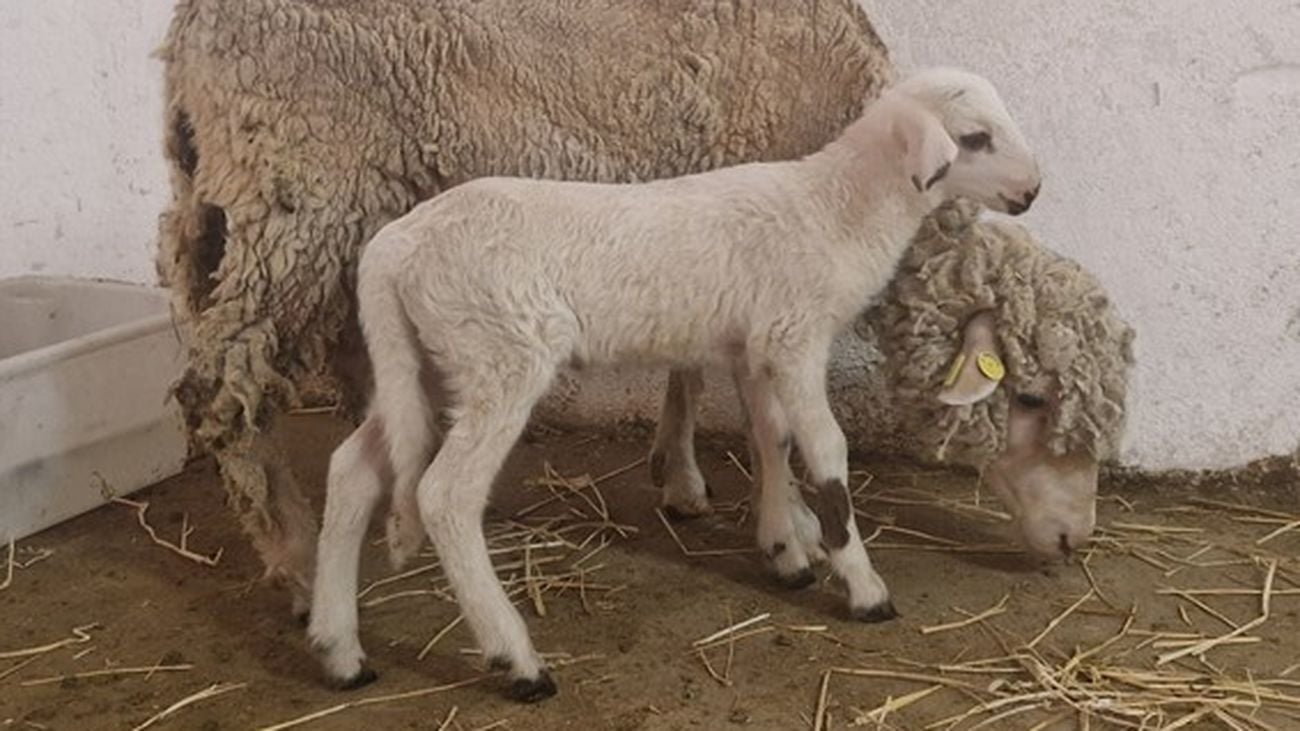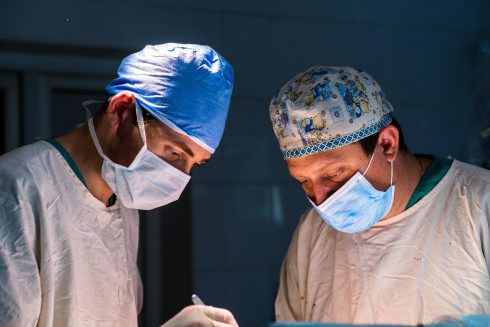SCIENTISTS have produced Spain’s first genetically modified sheep as part of studies over farm animal reproduction and to use findings to learn more about human fertilisation.
The lamb has been named Teodoro by staff at the Spanish National Research Council(CSIC) and the National Institute of Agricultural and Food Research.
Research team leader, Pablo Bermejo-Alvarez, said “Genetically modified animal studies are essential to advance the knowledge of any biological process, including those involved in reproduction.”
READ MORE:
- Why is Spain the leading provider of IVF treatments in Europe?
- Is this the elixir of life? Injection created by British and Spanish scientists makes mice live 25% longer and reduces serious illnesses

“These animals contain targeted genetic modifications that eliminate or modify a specific gene and, therefore, allow us to unequivocally know its function in a biological process,” he added.
Until the emergence of gene editing technology known as CRISPR, genetic changes were mainly carried out in mice as techniques were not good enough.
That meant that most information about the molecular structure of different biological processes were based on studies on mice, and were therefore restrictive.
Researcher, Priscila Ramos-Ibeas, said: “Although the mouse is a good model for studying human physiology and pathology, there are certain processes in which there are notable differences between mice and other mammals and therefore cannot be studied with genetically modified mice.
The CRISPR technology generates changes in cow and sheep embryos produced entirely ‘in vitro’ to study how genes work in different biological processes as they develop.
The study of fertilisation needs gametes from genetically modified animals and five months ago, two transfers of genetically modified embryos were carried out.
One of the two pregnancies reached term with the birth of Teodoro.
Click here to read more Spain News from The Olive Press.








